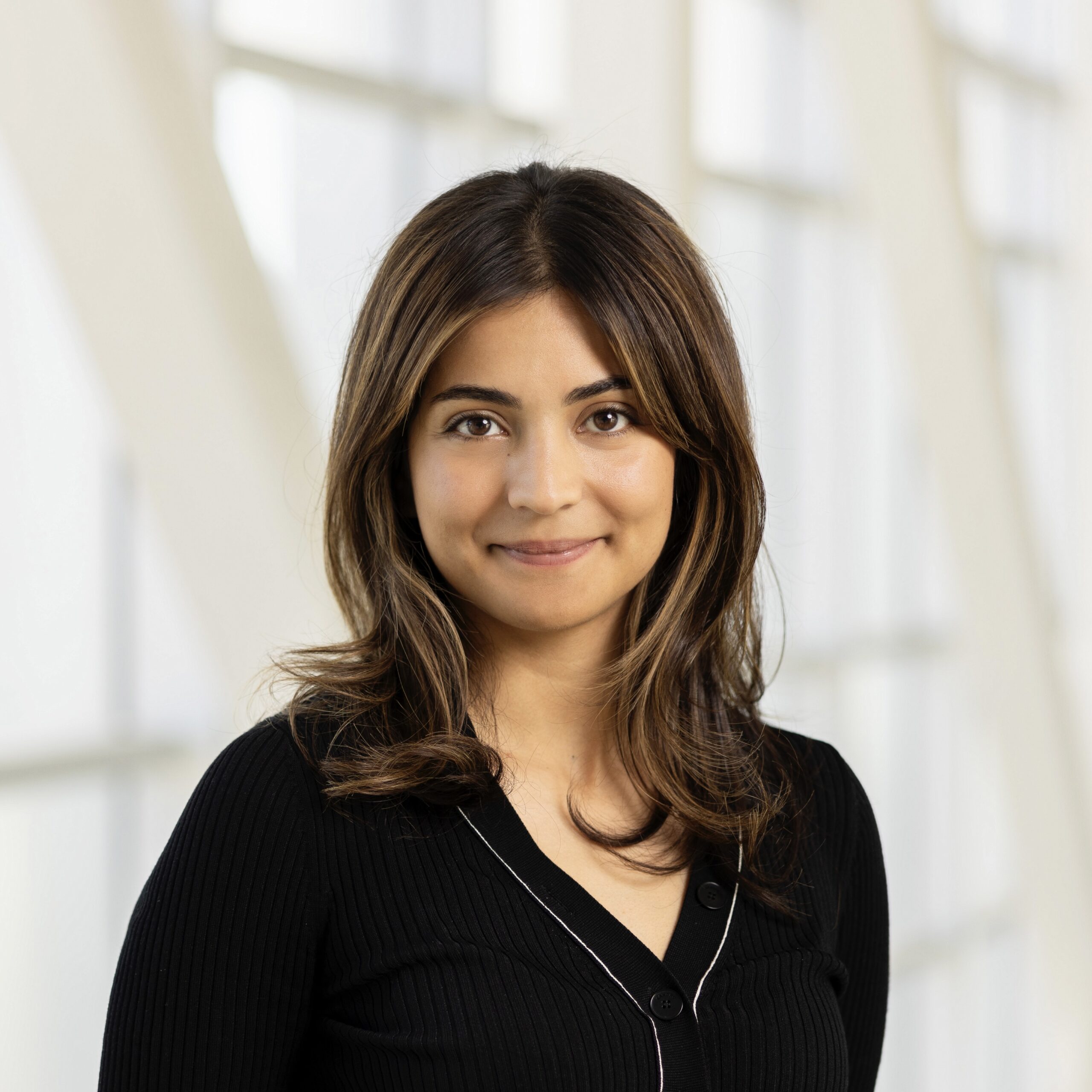SBME Research Seminar: The RNA folding problem remains open – Dr. Rhiju Das
The discovery and design of biologically important RNA molecules has lagged behind proteins, in part due to the general difficulty of three-dimensional RNA structural characterization. What are the prospects for an ‘AlphaFold moment’ for RNA? I’ll describe some recent progress in modeling RNA structure from old-fashioned and new machine learning, cryoelectron microscopy, and current and upcoming internet-scale competitions hosted on the Eterna, Kaggle, and CASP platforms.
SBME Research Seminar: The RNA folding problem remains open – Dr. Rhiju Das
Events
Calendar

SBME Seminar: AI-Enabled Technologies for Aging in Smart Cities: Opportunities, Challenges, and Impact – Dr. Sayeh Bayat
June 3 @ 9:00 am - 10:00 am PDT
SBME Seminar: AI-Enabled Technologies for Aging in Smart Cities: Opportunities, Challenges, and Impact – Dr. Sayeh Bayat
Location:
Lecture Theatre B1009, Gordon B. Shrum Building
Co-hosted by Centre for Aging SMART
As populations age, the growing demand for personalized, responsive, and scalable care systems presents both a challenge and an opportunity. The convergence of AI, behavioural sensing, and urban technology can transform how care is delivered to older adults. This talk will discuss how real-world behavioural data—captured through location traces, mobile devices, and wearable sensors—can be used to detect subtle changes in mobility, cognition, mental health, and social connection. Grounded in contextual methodologies and human-centred design, this work aims to develop technologies that reflect the lived experiences of older adults and respond to the realities of aging and age-related diseases. The discussion will focus on two key areas: the development of a digital phenotyping framework to monitor cognitive aging, and AI-driven systems designed to support mobility across diverse environments. Together, these efforts contribute to a broader vision of ubiquitous health—an ecosystem of context-aware technologies that operate seamlessly in daily life to support aging with dignity. The long-term vision is clear: our mission goes beyond advancing technology—we aim to reshape how aging is supported and experienced, making care more proactive, personalized, and equitable across the communities where older adults live and age.

Dr. Sayeh Bayat’s Biography:
Dr. Sayeh Bayat is an Assistant Professor at the University of Calgary, where she leads the Healthy City Lab. Her interdisciplinary research sits at the intersection of artificial intelligence, digital health, and aging, with a focus on developing human-centred, context-aware technologies to monitor behaviour, support cognitive health, and enable aging in place. By integrating digital phenotyping, machine learning, and real-world sensing, her work aims to inform scalable and personalized models of care for older adults and individuals living with dementia. Central to her research is participatory design—working closely with older adults, caregivers, and clinicians to co-create technologies that are inclusive, ethically grounded, and responsive to lived experiences. She works closely with interdisciplinary teams across Canada and internationally. Dr. Bayat has received numerous awards, including the 2024 Alberta Immigrant Impact Award (Career and Academic Achievement Category), the University of Calgary’s Research Excellence Award, and recognition as one of the University of Toronto’s “Grads to Watch” in 2022. Her work has been featured internationally in over 15 media outlets, including BBC News, The Telegraph, The New York Times, and CTV. She holds a PhD in Biomedical Engineering (2022) and a BASc in Engineering Science (2016), both from the University of Toronto.